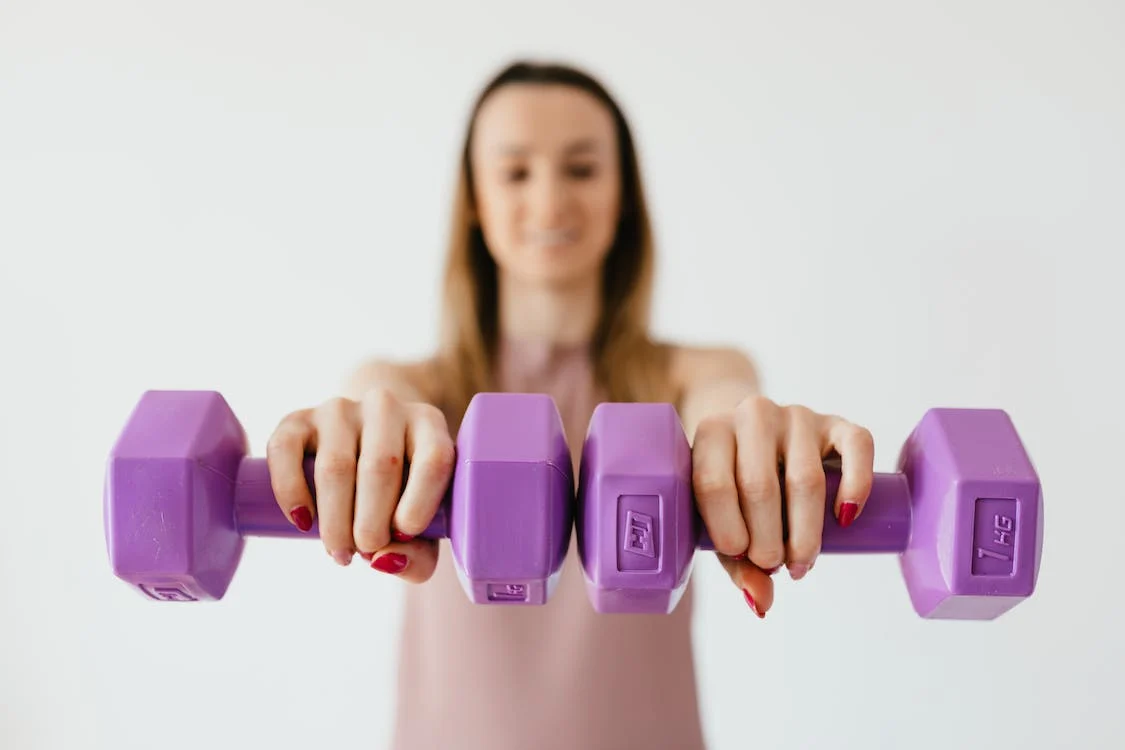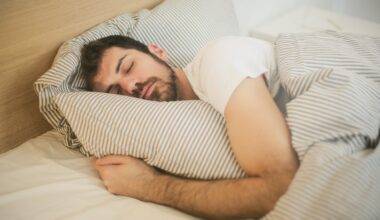What actually happens in your body when you go to the gym?
Whether you’re starting an exercise plan for the very first time (which is awesome!) or coming back to your fitness routine after a break (equally as awesome!), the positives of committing to exercise can’t be understated. Regular exercise benefits us in more ways than we can count, including things beyond the obvious — such as improving our brainpower and stress levels, and even improving relationships, according to WebMD.
Although a lot of us know the benefits of exercise, what we can be less clear about is the actual physical process that occurs in the body when you start exercising — and the science behind it is not only fascinating but helps to clarify exactly why exercise is so beneficial. So, in this article, we’ve taken a look at the short-, medium-, and long-term effects that occur when you hit the streets for a jog, hop on the exercise bike or lift some weights. Give it a read and you’ll be lacing up those new sneakers in no time.
Exercise puts your body under stress, releasing adrenaline
One of the first changes that happen in your body when you begin an exercise routine — and which can even happen before you’re getting ready for a workout, according to MedlinePlus – is the increased production and release of hormones. Exercise puts your body under a certain amount of physical stress, essentially creating a fight-or-flight response, which causes you to produce more epinephrine (more commonly known as adrenaline).
As a 2008 study published in Sports Medicine found, the production of epinephrine is much higher when exercising in order to stimulate the body’s systems to accommodate the stress under which the body is placed. It also shows that the more you train, the more your body produces epinephrine. And as you become more efficient at exercising and can work out with more intensity, your body helps to adjust.
Adrenaline release can also lead to an increase in alertness, explaining why many people feel their senses sharpen during exercise (via Harvard Health Publishing). In a sense, the hormone release allows your body to cope with the increased physical activity — and importantly, allows the heart to work more efficiently.
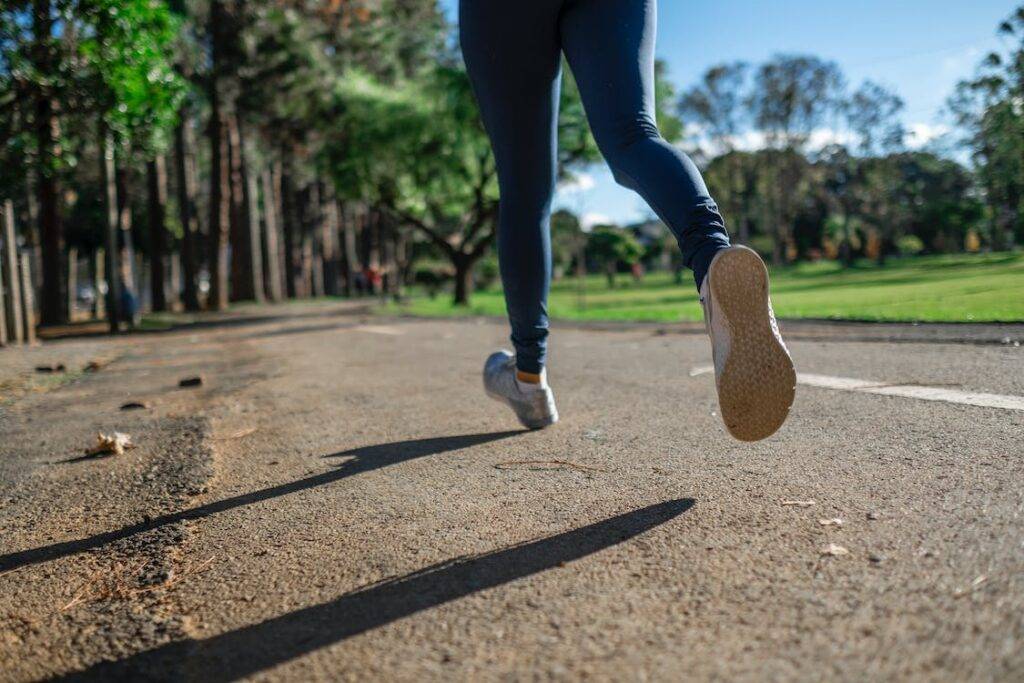
Epinephrine increases your heart rate and improves your circulation
We all know the feeling of our heart beating faster when we’re shocked or scared, right? Well, that’s down to the body releasing epinephrine. And during exercise, a similar process occurs to allow your body to react to the physical exertion (via MedlinePlus).
The epinephrine (aka adrenaline) released when your body undertakes exercise causes you to have more energy and your heart to start working harder. When this happens, your pulse will quicken and circulation is increased around your body, in order to supply your muscles with more blood and the oxygen that is delivered with it (via UC Davis Health). Doing this allows the muscles to work more efficiently, remain oxygenated, and get ready to react to further stress caused by exercise.
Cortisol may also be released in addition to adrenaline. Although this is more common in “intense exercise,” according to Healthline, cortisol levels can increase during moderate exercise in “unfit individuals.” And this temporary boost of cortisol “promotes the release of energy,” according to Medline Plus.
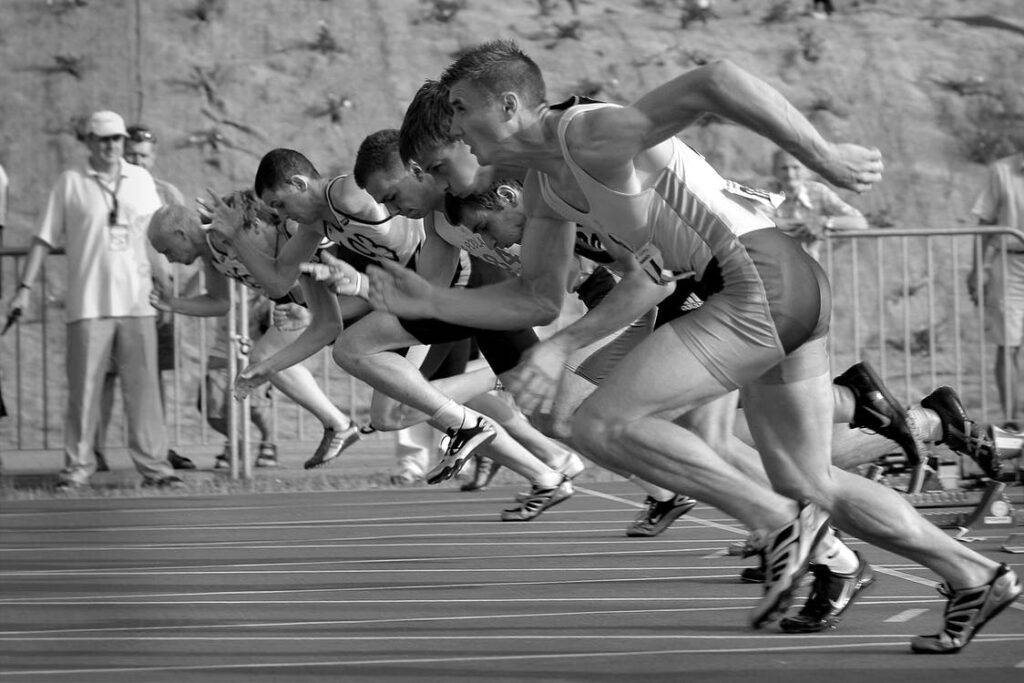
You’ll experience a boost in mood when starting an exercise routine
Ever wonder why people speak so rhapsodically about the “runner’s high,” or the feeling of elation after a spell of exercise? Well, there’s science behind the phenomenon.
During your exercise — or shortly afterward — you’re likely to feel a significant positive increase in your mood. This is due to the increase of several hormones known as “endogenous opioids” in your brain following a significant bout of physical exertion, according to a 2017 study published in Brain Plasticity. These hormones are associated with “pain modulation, reward, response to stress, and autonomic control,” which essentially provide us with positive feelings.
These endogenous opioids include the all-important endorphins, a key component in feelings of happiness and a big reason why most people are left buzzing and energized when they’ve just completed their first workout. And thankfully, this feeling doesn’t just occur the first time you exercise; you’ll continue to receive this boost no matter how far you get into your fitness journey (via WebMD).

The day after your first workout, you’ll probably feel a little sore.
While the bliss and effects may linger for a while after a workout, they eventually fade when you rest. And if you’re just starting to exercise, you may find muscle soreness can replace it the next day.
If this happens, don’t worry: it’s most likely Delayed Onset Muscle Soreness (or DOMS). For muscles that are not used to exercise, the added strain of physical activity can lead to muscle soreness. Although the exact cause of DOMS is still unclear, most experts believe it stems from microscopic damage to muscle fibers during exercise (via American College of Sports Medicine).
DOMS can be off-putting for those new to exercise, but it’s helpful to remember that even people who have exercised daily for years experience occasional pain – and the pain lessens over time. that you train. DOMS usually passes within a few days and unless the pain is debilitating, this is completely normal. It just means your muscles are repairing and getting stronger, according to the American College of Sports Medicine.
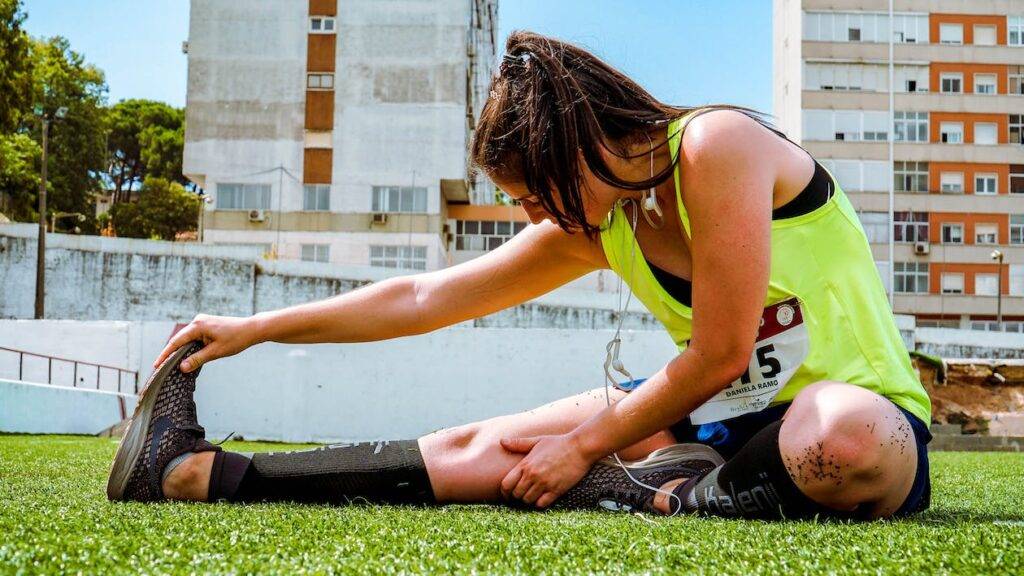
You may feel a little tired after you start exercising
It’s not uncommon for people to experience some fatigue after exercise, especially when you’re just starting to incorporate high-intensity exercise into your routine. As for pain, it is quite natural. As noted by Healthline: When our bodies are subjected to physical activity, our muscles continue to contract, using a molecule called adenosine triphosphate (ATP), which fuels our cells.
During exercise, your ATP intake decreases, leading to peripheral fatigue (or muscle fatigue). This, combined with the response of our central nervous system (which triggers repeated signals to activate our muscles) and a rapid increase in the hormones serotonin and dopamine, causes our bodies to become exhausted after training and make us feel incredibly tired.
However, as Healthline has indicated, it’s important to stretch and rehydrate before you reach for the pillow and make sure your naps are short. It is important that exercise-related fatigue does not interrupt your normal sleep so that your body acclimatizes.
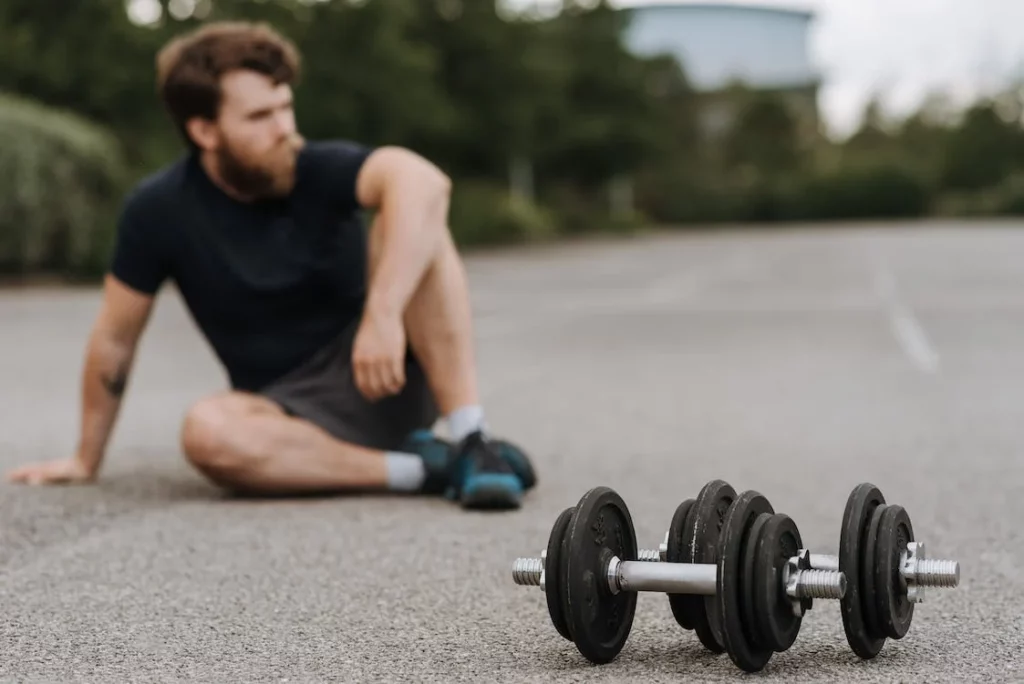
As you continue to exercise, your body will build up something called mitochondria
So you have successfully started your training plan – congratulations! Starting a new healthy routine is a big deal. But after the initial exertion wears off, you may wonder what benefits repeated exercise has for you.
If you switch to prolonged medium-term exercise, your body will continue to see incredible changes. One of the ways that regular exercise, especially interval training, benefits us is by building mitochondria, which are organelles, almost like an organ for individual cells, doing specific work to help cell function.
Mitochondria are responsible for the production of adenosine triphosphate (ATP), according to Medical News Today. As we age, the ability of mitochondria to create energy decreases.
A study led by Dr. However, Sreekumaran Nair, a diabetes researcher at the Mayo Clinic, found that sustained regular exercise can lead to a significant increase in your mitochondrial capacity (via Medical News Today). This means that when we exercise regularly, we give our bodies the opportunity to continue generating energy, allowing them to perform better in almost every way and essentially slowing down the aging process.
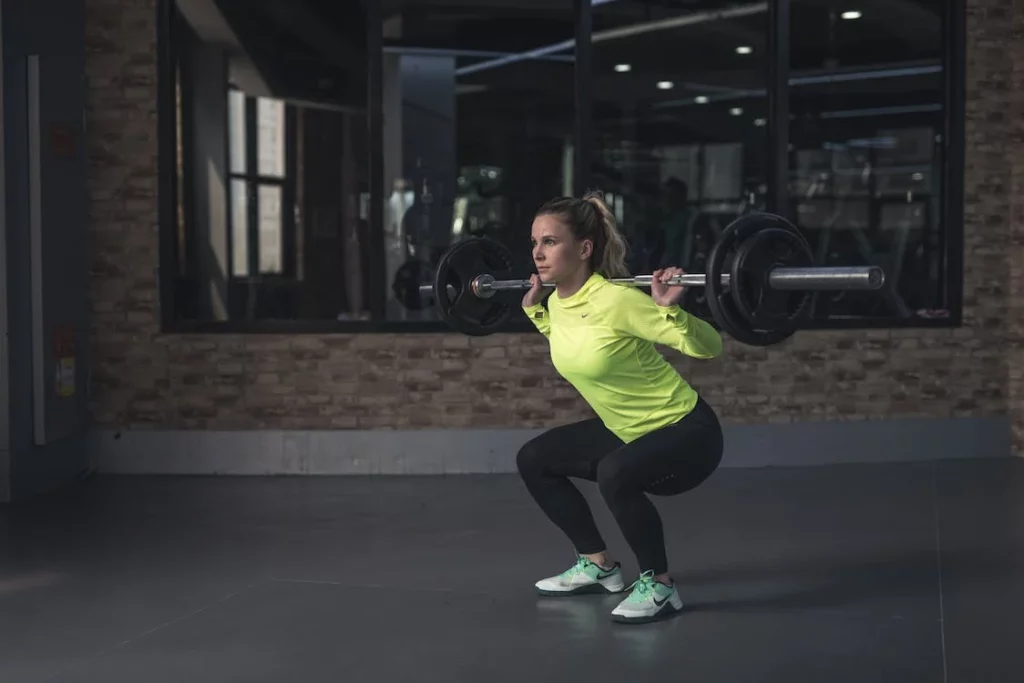
Mitochondria can help protect against chronic diseases
An increase in mitochondria through exercise brings a number of benefits: one of the most notable is its ability to help protect against a range of chronic or long-term diseases. In his study of mitochondria, published in Integrative Medicine International, Joseph Pizzorno, a well-known naturopathic physician, identified a long list of chronic and long-term diseases caused by mitochondrial dysfunction, including Alzheimer’s disease, dementia, diabetes, and Parkinson’s.
Although the study only indicates that mitochondrial dysfunction is associated with such diseases – and although it is important to remember that mitochondrial dysfunction can be caused by many factors – it follows that good mitochondria in cells can help protect against them. So increasing your mitochondria through regular exercise helps protect your health.
As Pizzorno said in his study, “With such a long list of common diseases now caused or aggravated by mitochondrial dysfunction, it’s hard to overestimate their importance.” As you start exercising more regularly, take a moment to think about the huge benefits it can bring in the long run – you won’t regret it later.

After about six months of exercise, your heart will get bigger and stronger
Being magnanimous isn’t just for compassionate people. As your exercise becomes a habit, there will be changes in your heart. Amazingly, after about six months of repeated significant physical activity, your heart will actually have grown in size and become stronger.
Professor Robert Newton, director of the Edith Cowan University Exercise Medicine Research Institute, told 9Honey, “In response to all the rapid pumping and stretching it went through, your heart has grown and become more efficient”. He also indicated that when this happens, our resting heart rate also decreases, as our hearts get stronger and can eject more blood with each contraction, meaning they don’t have to do it as often. Pretty cool, right?
The correlation between heart health and exercise is well known. As a study published in Circulation showed, cardiovascular health has steadily improved with frequent exercise. So, if the image of a big heart wasn’t enough to motivate you, knowing that it works best may be.
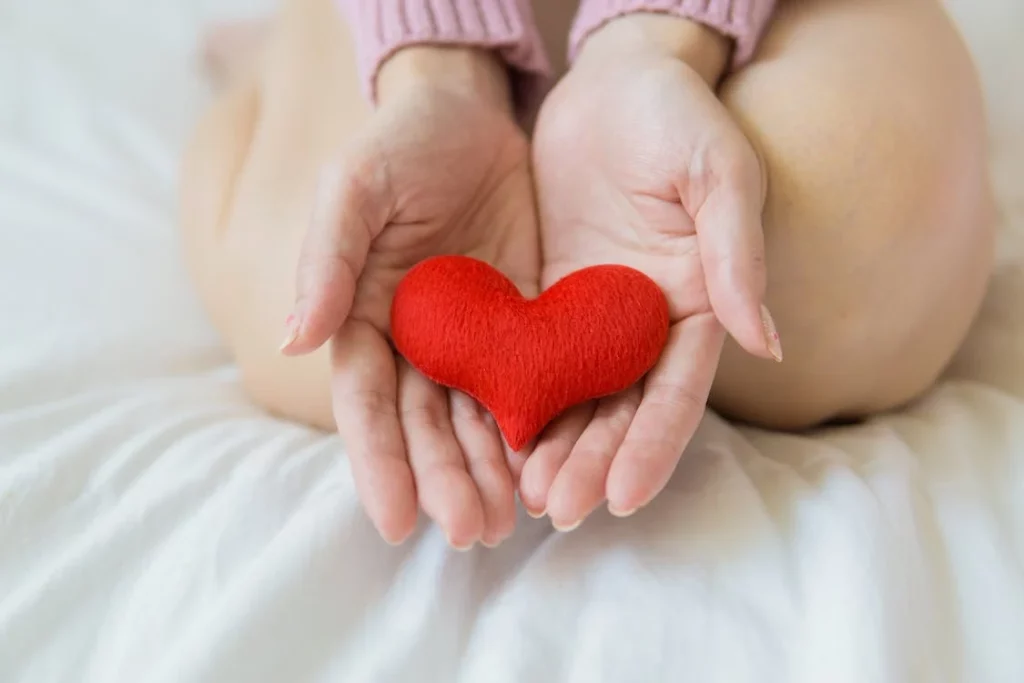
Your muscles will get bigger some months after you start exercising
One of the most obvious changes in your body, when you start to train, is not capable. The more we often and regularly train, the more we grow and reinforce our muscles, which leads to a thinner and more muscular building.
Although many people train with the wish and seem in shape or muscular, it is important to remember that it requires time and consistency and does not occur during the night. It can take about three to six months for real visible changes and that their muscles feel more effective, explained the personal coach Ella Martyn Women’s Health.
Remember that nutrition plays an important role when it comes to maintaining an exercise habit, especially when you start to train to see that your muscles are developing. As the Study of the International Journal of Sports Nutrition and Training Metabolism found, muscle growth only occurs if the body is sufficiently powered by food, especially proteins. If you eat too little, your body goes into a “catabolic” state, which means you lose mass, both fat, and muscle. To maintain and improve performance, feed yourself good food.
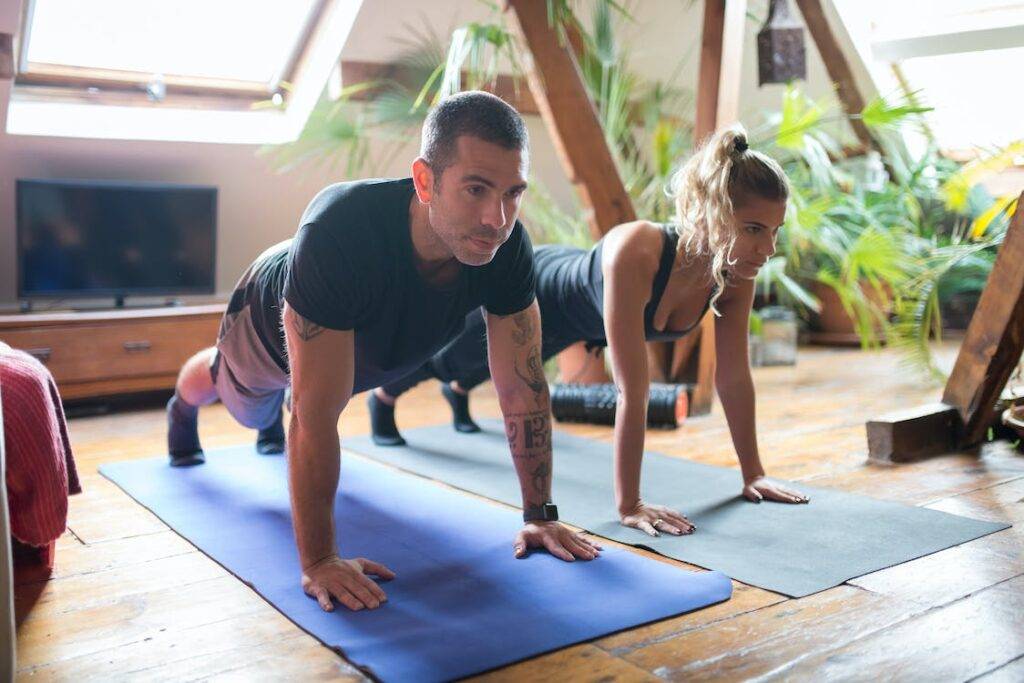
Your mental health will improve when you start exercising
By exercising you can temporarily enjoy the performance of the management of a 5k, but it can also help your long-term mental health. A 2011 study in psychotherapy and psychosomatic has shown that an introduction of regular physical exercise can significantly help reduce short-term care symptoms for those who experience a generalized anxiety disorder (GAD).
Another study published in Frontiers in Psychiatry has indicated the long-term potential for exercise to positively influence people who often experience anxiety. This is due to the practice that promotes the growth of new neurons in the brain that are able to regulate mood in a more effective way.
However, it is worth emphasizing that, although exercise has shown benefits for mental health, it is not a replacement for medical care. Still, along with the many other benefits short and long-term exercises have on your body and mind, it could help you see improvements.

Starting an exercise routine could lead to a lifelong healthy habit
Of course, we all want to achieve our health goals. But when you’re at the very beginning of your training journey, it can be daunting to think about training every day, or almost every day forever.
However, the most important aspect of building a long-term exercise routine is sticking with it long enough to make it a habit. Professor Robert Newton, director of the Exercise Medicine Research Institute at Edith Cowan University, told 9Honey that regular exercise for about a year can help build a long-term habit: ” It’s a good addiction because they’re natural drugs and you can’t stop them by the time you’re 12 months old, Jolie is quite addicted to these drugs,” he explained.
Once you have reached this stage, your body has adapted to the changes in routine and the many benefits that come with it. You’ll have your favorite workouts and you’ll want to do them. Plus, you’ll know how your body reacts to certain moves, and you’ll enjoy every workout (well, most of them, anyway). So when you start exercising, you know it will soon feel completely natural – and the results could be life-changing. See you on the track!

“The pain you feel today will be the strength you feel tomorrow.”
Arnold Schwarzenegger
You can see also “How to start exercising in just few steps?!”
If you desire to get any product that makes your life easier you can check this link:
You also can see this video: https://www.youtube.com/watch?v=KEhbYNmY3N4
